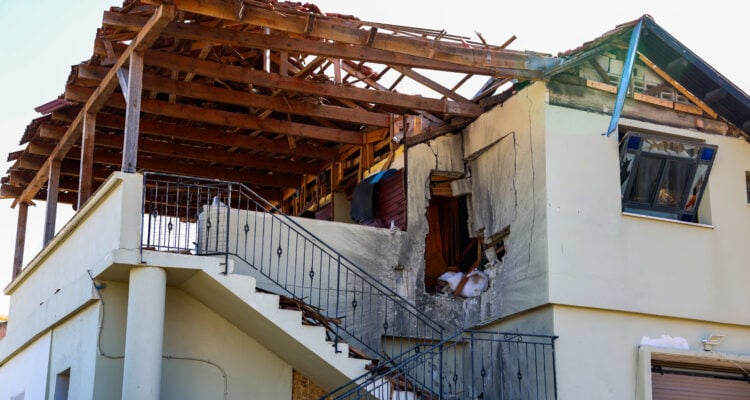Biden administration officials complain that Israel is “enforcing the ceasefire too aggressively.”
By World Israel News Staff
The U.S. is concerned that the ceasefire between Israel and Lebanon could “unravel” in the near future, with Hezbollah firing at IDF positions on Mount Dov and Jerusalem launching retaliatory attacks.
Defense Minister Israel Katz pledged that any violations of the ceasefire by Hezbollah terrorists would invoke strong action from the Israeli army – a vow which has worried Washington.
The Biden administration appeared to place the onus of responsibility on Israel, with a U.S. official telling Axios that “the Israelis have been playing a dangerous game in recent days.”
Biden Middle East adviser Amos Hochstein, who tried unsuccessfully for months to broker the ceasefire, reportedly complained to an Israeli official that Israel was “enforcing the ceasefire too aggressively.”
On Monday evening, the IDF carried out strikes targeting “Hezbollah terrorists, dozens of launchers, and terrorist infrastructure throughout Lebanon,” hours after the terror group fired two shells at IDF assets in northern Israel.
Despite the flare-up, Israeli officials assured Hochstein that they are committed to the ceasefire, according to the Axios report.
“We have warned both sides – Israel and Hezbollah – against actions that jeopardize the implementation of the ceasefire agreement,” U.S. officials told the Jerusalem Post.
The sources added that they had chastised Israel to “calm down,” and presumably ignore Hezbollah’s violations of the ceasefire, rather than forcefully respond.
The full terms of the Lebanon ceasefire agreement have not been made public.
While residents of the north have been encouraged to return to their homes, schools in the northern border region have not reopened.
Many of the tens of thousands displaced from their homes for more than 14 months have stressed that they will not return home until there is a decisive victory over Hezbollah, rather than a diplomatic agreement.





